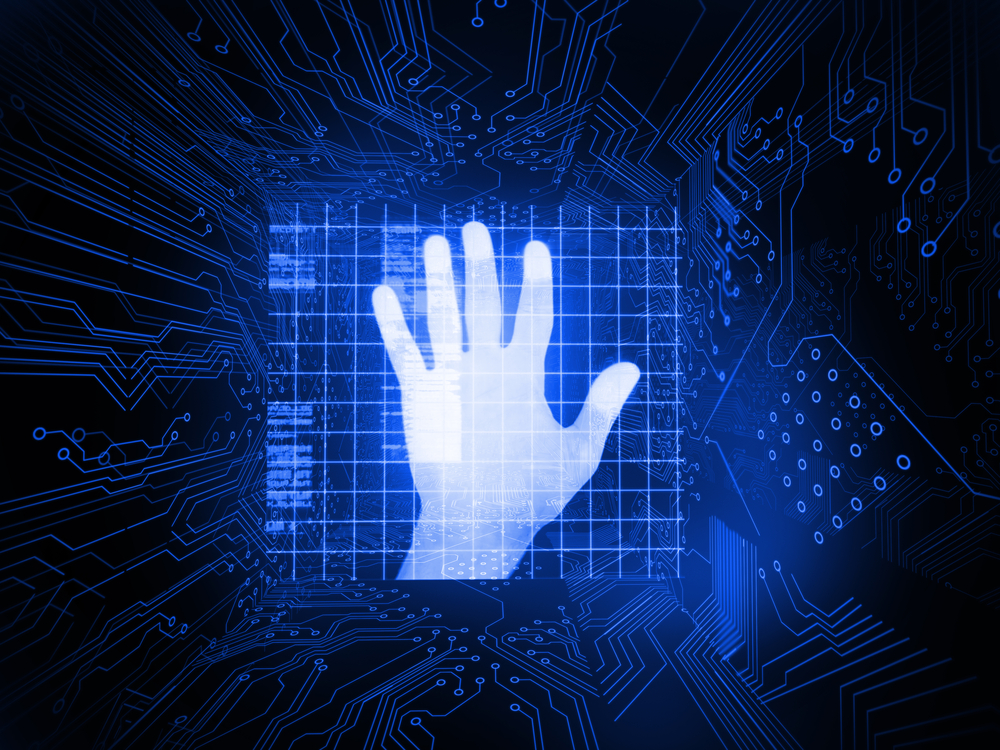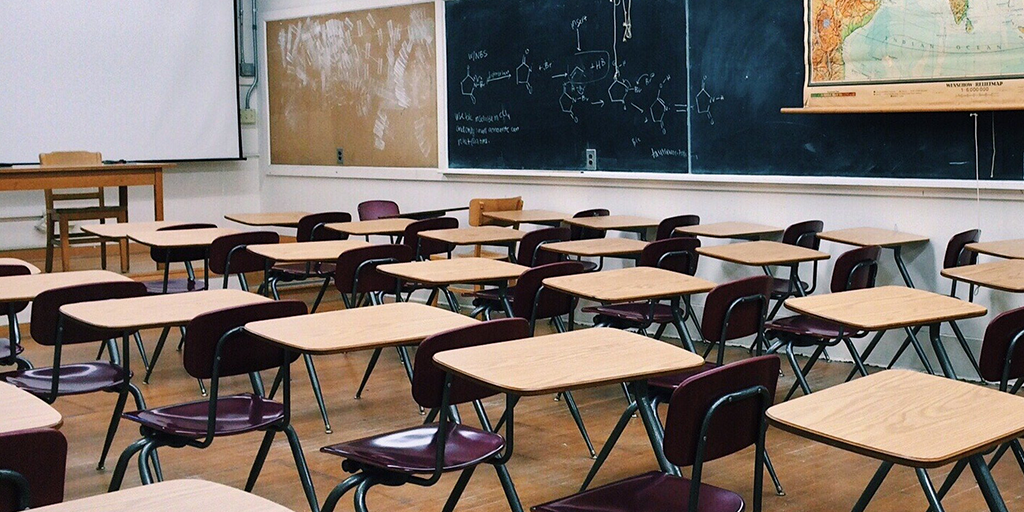How To Process Biometric Data Appropriately
Schools are increasingly gravitating towards automated biometric systems for the authentication and security of their students. These systems are...
2 min read
 9ine
:
Mar 11, 2020 1:48:06 PM
9ine
:
Mar 11, 2020 1:48:06 PM
![[COVID-19] Guidelines: Remote Working & Data Sharing Protection](https://www.9ine.com/hubfs/Blog-remote-learning-data-protection.png)
In the current climate, it is important that schools do not use data protection regulations to discourage remote working or data sharing, but instead sensibly evaluate the impact of these processing activities, taking into account the risks to the school, staff, pupils, and parents of pupils.
9ine has developed some simple steps to assist you in identifying the risks and mitigating actions associated with remote working and data sharing. We would recommend that you consider these in conjunction with any guidance you have received from your Government/Public Health and Education Authority.
9ine are supporting schools around the world in the eventuality that they're required to provide school services remotely as a result of COVID-19. Download the Remote Learning Readiness Worksheet now.
We hope that this, together with our previous blog on Remote Learning Readiness, will help you to continue to educate and work with students and staff while keeping their personal data safe and secure.
ABOUT THE AUTHOR:
 Judith Downing, Senior Data Protection Consultant, has almost 20 years of experience working in the field of data protection, has a BCS Practitioner Certificate in Data Protection, and is also a certified GDPR practitioner. She currently advises schools in the UK, Europe, and internationally on all aspects of data protection compliance, either through our service desk or on-site audits.
Judith Downing, Senior Data Protection Consultant, has almost 20 years of experience working in the field of data protection, has a BCS Practitioner Certificate in Data Protection, and is also a certified GDPR practitioner. She currently advises schools in the UK, Europe, and internationally on all aspects of data protection compliance, either through our service desk or on-site audits.

Schools are increasingly gravitating towards automated biometric systems for the authentication and security of their students. These systems are...

9ine are supporting schools around the world in the eventuality that they are required to provide school services remotely as a result of the...
![[COVID-19] FAQs: Remote Conferencing, Learning & Data Protection](https://www.9ine.com/hubfs/Blog-remote-learning--FAQs.png)
With the rush to implement video platforms that profess to offer safe and secure remote learning, we have compiled a list of frequently asked...